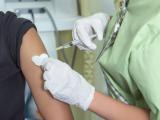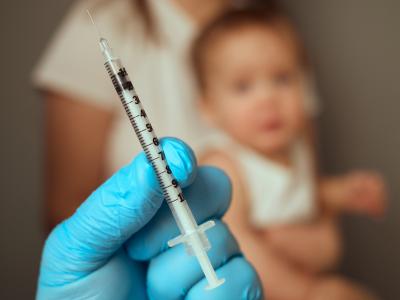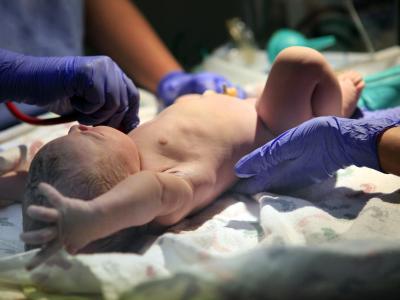Oct 12, 2010 (CIDRAP News) – The US Supreme Court today heard oral arguments in a case that tests whether federal shield laws protect vaccine-makers from some liability lawsuits.
The case was brought by the family of Hannah Bruesewitz, a Pennsylvania teen whose seizure disorder surfaced after she received a diphtheria, tetanus, and pertussis vaccine made by Wyeth when she was 6 months old, the Wall Street Journal reported today.
The parents contend that their daughter has profound developmental impairment and will need care for the rest of her life. According to court documents, the Bruesewitz family filed a petition for compensation though the US Court of Federal Claims, which was rejected in 2002. They subsequently filed a state court lawsuit, but in 2009 a US appeals court ruled that federal law preempted the family's case.
The US Court of Federal Claims was established in 1986 under the National Vaccine Injury Compensation Program to reduce the number of lawsuits against physicians and vaccine makers. As of Sep 2, 13,546 cases had been filed through the program, 5,632 of them related to autism. Since 1988 the program has paid nearly $2 billion to 2,503 claimants.
According to court briefs available online, the family's question before the Supreme Court is whether the appeals court erred when it held that the law blocks all claims of vaccine design defects, whether the side effects were avoidable or not. The Bruesewitz family claims that Wyeth, now owned by Pfizer, could have sold a safer vaccine but chose not to, according to the Journal report.
The vaccine company denied that the vaccine caused the girl's injuries. Kathleen Sullivan, an attorney for Wyeth, told the court that the law was designed to help protect vaccine companies from legal threats and that increased liability that could result from a ruling for the family would drive some companies from the market, according to the Journal report.
The report said some justices worried about the consequences of allowing lawsuits against vaccine makers, while others, particularly Justice Sonya Sotomayor, asked if the threat of lawsuits might prompt vaccine makers to seek safer vaccines.
Justice Elena Kagan is recused from the case because she participated in it while she was US solicitor general.
The Obama administration filed a 44-page amicus brief supporting the vaccine company, stating that the law provides a "robust federal framework" that encourages the development of safer vaccines while providing compensation to families when appropriate.
The court is expected to rule on the case by the end of June, according to the Journal.
See also:
Online briefs for Bruesewitz vs Wyeth


















